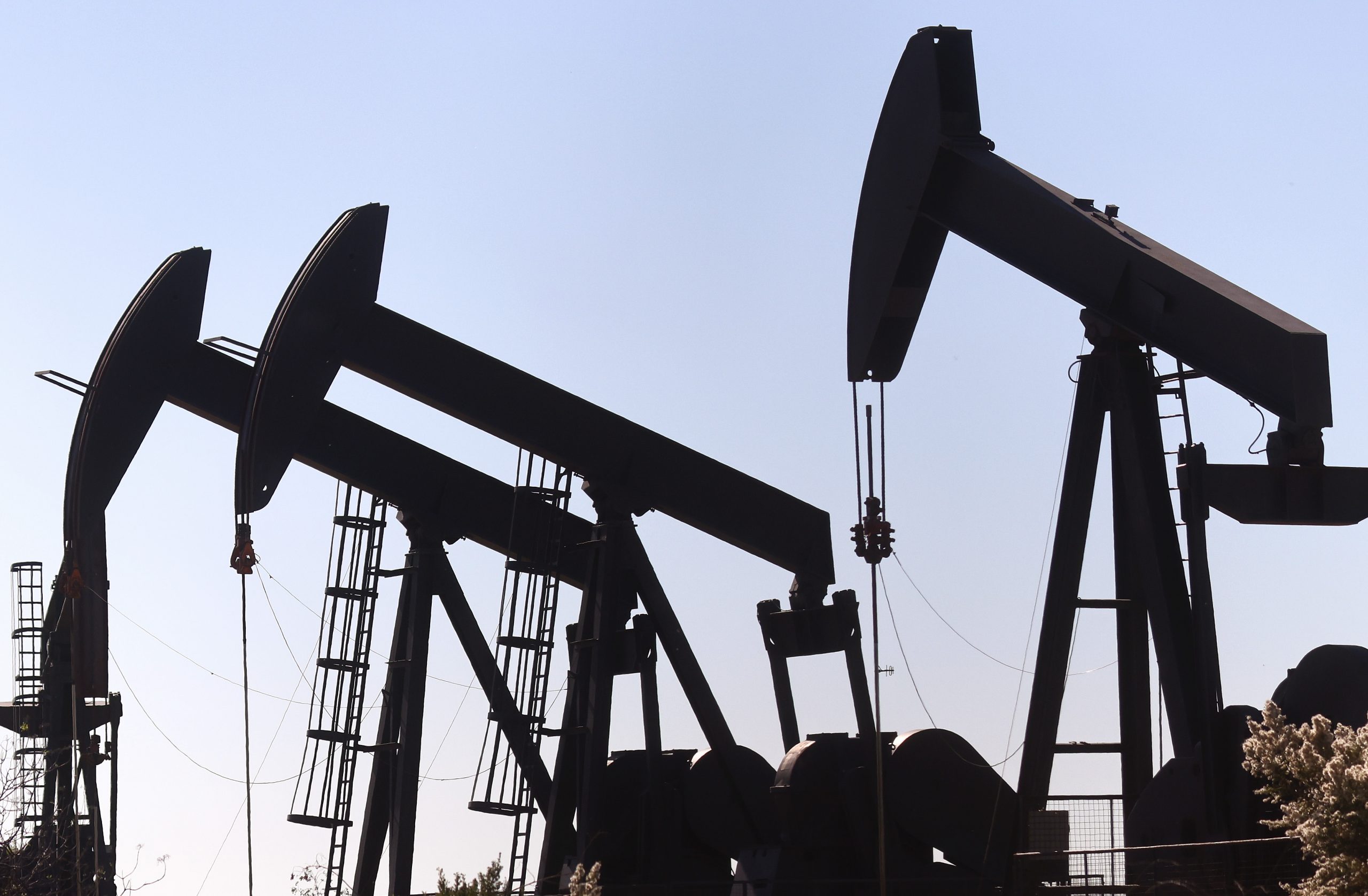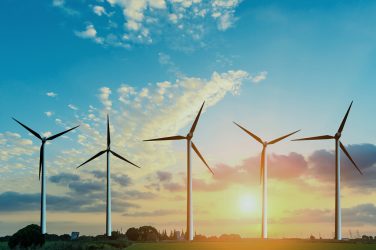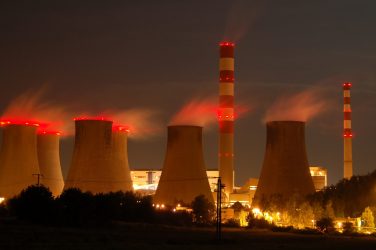A new global energy order is emerging after the invasion of Ukraine. New trade relations are established to procure gas and oil, avoiding the path of Russia.
Putin Russia’s invasion of Ukraine is forcing governments around the world to deal with the geopolitical consequences of the war being pursued by an energy superpower.
For this reason, it is not so trivial to say that the definition of a new world order of energy is underway.
The European Union has responded by accelerating its disconnection from Russian gas, while the United States has banned imports of Russian oil and is scouring the world for alternative supplies.
Saudi Arabia is enjoying renewed strategic importance as crude oil prices, which collapsed two years ago, reached new highs. And Russia itself is increasingly looking to the East to sell gas.
War shapes the new world energy order
The changes underway with the war are igniting old grudges among nations that are not quite allies. However, opportunities for new alliances are also looming as blocks begin to align in what appears to be a new world energy order.
As summarized by Bob McNally, chairman of Rapidan Energy Group and former White House official: «This represents the largest redraw of the energy and geopolitical map in Europe – and perhaps in the world – since the collapse of the Soviet Union, if not the end of the Second World War».
In detail, Germany has loosened its energy dependence on Russia, which does not simply mean hitting Moscow’s main revenue stream, with a stop to the much-discussed Nord Stream 2 as well.
From Berlin, there is a threat to withdraw “Ostpolitik” a policy of rapprochement with the Soviet Union after the Second World War and, by extension, with Russia, which involved an economic and political commitment, in particular through oil and gas connections. gas.
Meanwhile, as European nations abandon Russia, its partnership with the oil titans of the Middle East, with whom it jointly leads the OPEC + coalition, has so far remained intact. Russia and Saudi Arabia are the main oil exporters in the world, accounting for 29% of the world total.
The Saudis have rejected US pressure to replace Russian oil by tapping into its spare production capacity, instead of letting prices rise to a 13-year high of nearly $ 140 a barrel. And, on the other hand, they did not put the Russians in a bad light. If relations with Saudi Arabia had intensified with Trump, now there is more frost with Biden.
Arab Gulf nations have accused the United States of lack of support in the face of repeated attacks by Iranian-backed militia on Saudi oil plants and oil tanker traffic in the Gulf and Abu Dhabi this year. Disappointed, the UAE abstained from a US-led United Nations Security Council vote to condemn Russian aggression on Ukraine.
Another source of friction lies in USA efforts to restore the nuclear deal with Saudi Arabia’s regional rival Iran. An agreement could see Iran return 1.3 million barrels per day production to pre-sanction levels by the end of the year, according to the International Energy Agency.
The USA moves on the energy
In this scenario of old and new frictions, USA power still needs to keep the price of gasoline low for American voters and help its Democratic party’s chances of keeping Congress in November’s midterm elections.
Demonstrating how exceptional the times are, a USA delegation traveled to Venezuela last weekend, opening up to a country that holds the largest known crude oil reserves in the world.
The Venezuelan state has been subject to international sanctions since the Trump era that have paralyzed its ability to sell oil. While there is still no talk of allowing exports to resume, President Nicolas Maduro responded by offering to turn the taps on, saying state oil company PDVSA is ready to increase production to three million barrels per day for the world.
However, since Venezuela is an ally of Russia, the resumption of USA interest in its oil means playing the card of a rebalancing of the energy sector towards the West.
China between ambiguity and calculations
If we talk about the world order, we cannot overlook the giant China, which appears more on the sidelines in this Ukrainian crisis.
Beijing has been ambiguous about Russian aggression, expressing concern for civilian victims and saying it supports Ukraine’s sovereignty, without condemning the Kremlin’s actions or joining other countries in imposing sanctions.
China will continue to pursue «normal trade cooperation» with Russia, including in the oil and gas sector, said Zhao Lijian, a spokesman for the foreign ministry. The dragon is considering buying or increasing holdings in Russian companies such as Gazprom PJSC, Bloomberg reported this week.
Chinese state-owned importers, however, should carefully consider the impact on their global business of large purchases from a country subject to so many sanctions. Nor can it be assumed that buying energy from Moscow is an easy solution, even if it means less pollution, said Li Shuo, the climate analyst at Greenpeace East Asia.
«Changing China’s current energy structure, replacing a lot of coal it uses now with Russian oil and gas, would be a huge project for China and would take time», said the expert.
The Europa pawn in the energy chessboard
If there is one region of the world that is most trying to revolution its energy structure, it is the European Union.
The ambitious project is to eliminate dependence on Russian energy in 2027. «How?» Intensifying plans on renewables but also working internally for storage systems and finding new business partners.
The export of American LNG to Europe has already jumped sharply since the war began. However, nations like Germany or Italy fear that they will suffer the blow in this momentous change in supply.
The question remains, «What will a new world energy order lead to?».









Show Comments